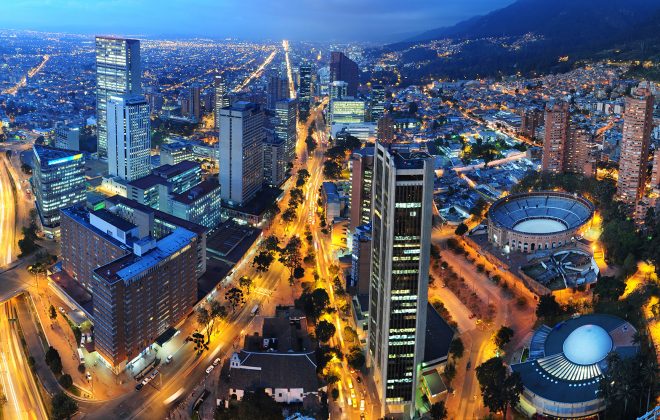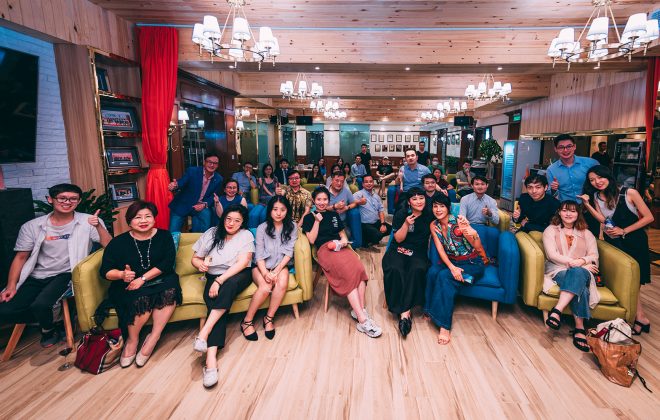Wellness Tourism

With so much discomfort involved y the travels of today, a new form of tourism has been developing as a response to combat the negative characteristics of traveling. The intersection of wellbeing, holistic approaches and tourism brought into existence the term Wellness Tourism, a concept that burst into the mind of people very recently. In 2013, the Global Wellness Institute (GWI) defined wellness tourism as “the form of travel with the pursuit of maintaining or enhancing one’s personal wellbeing”, not to be confused with “Health Tourism” or “Medical Tourism” since those terms are wrongly used by marketing agencies, touristic destinations and government organizations to describe many types of medical and wellness services and activities (from open heart surgery and cosmetic touch ups, to spas and yoga retreats).
Some key aspects to differentiate wellness tourism are standard needs of the wellbeing of a person: whilst some people with poor health, injuries and illnesses might travel to a place to find medical treatments and get surgeries because is more affordable, it has better quality o simply, it is not available at home, people within the wellness tourism travel to maintain, manage or improve health and wellbeing, and are motivated by a desire for a healthy lifestyle, the prevention of diseases, the reduction of stress or to live authentic experiences. Another aspect to differentiate wellness tourism is the fact that the activities performed are proactive, voluntary, noninvasive and nonmedical in nature.
An organization or a business within the sector might ask who are travelers of this kind of tourism, and contrary to the belief that wellness tourist are a small and wealthy group who visit destinations such as spas, health resorts and meditation retreats, in fact, wellness travelers comprise a much broader and diverse group of consumers amounting to a 4.2 billion dollar market worth investing on.
The World Tourism Organization of the United Nations releases a report due to the worldwide outbreak of Covid-19 in which it specifies that tourism has been the worst affected of all major economic sectors, but it also highlighted its resilient capabilities in the hope of recovery once the confinement measures are lifted and it is safe to travel once again. So what can we expect from this sector in the near future? We at Shake to Win would like to present our reads some of the trends of wellness travel expected to attract a tremendous amount of visitors once the travel restrictions are no longer in effect:
Chemical-free holidays.
Many hotels and retreats are innovating in their offer of avoiding chemicals, presenting effective natural alternatives instead. An all-organic proposal will contribute to the introduction of chemical-free options, together with institutions minimizing carbon footprint and food waste.
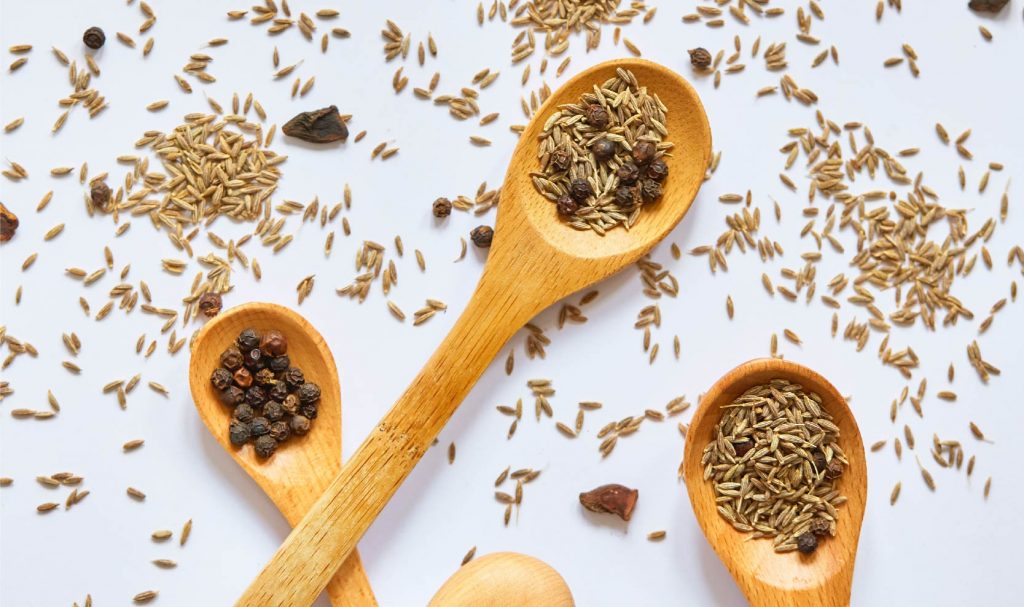
Nature Immersion Getaway.
The outdoor is definitely good for us, and after being in quarantine, being in contact with nature is of paramount importance. After expending so much time confined to small places and with electronic devices, the physical deficit will later be filled with contact with natural surroundings. It is a clinical fact that due to the quarantine measures, our bodies are experiencing a lack in vitamin D, so the immersion in nature will bring back not only joy but wellness too.
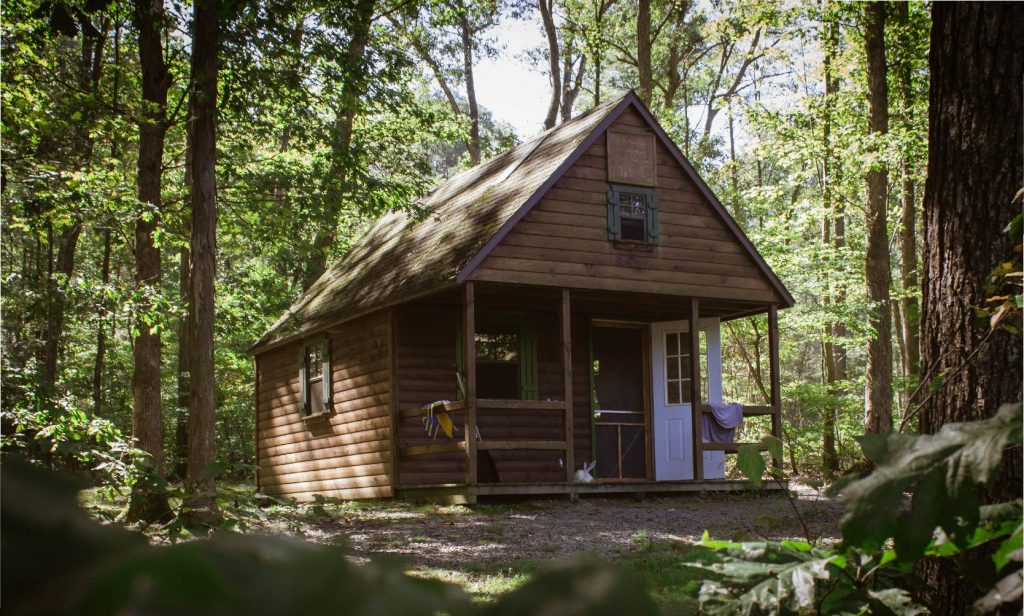
Circadian Travel
35% of the population has experienced sleep problems due to the stress and worries posed by the confinement. Chronic poor quality sleep affects general performance, but specialized wellness retreats are now offering programs combining an array of holistic treatment aimed to better the quality of our sleep.

Digital detoxing.
Once again, we are now living our life glue to our digital devices, and our bodies and minds need a detox from all that. Some retreats are now areas without WIFI signal or mobile reception on purpose, and the activities encourage visitors to limit the time expend in front of a screen.

Genetic Lifestyle.
Developed with one person in mind, following the genetics of that person will tell organizations within the wellness tourism sector what to offer according to the genetic code. A comprehensive study of the genome of a client will allow the presentation of options properly defined.
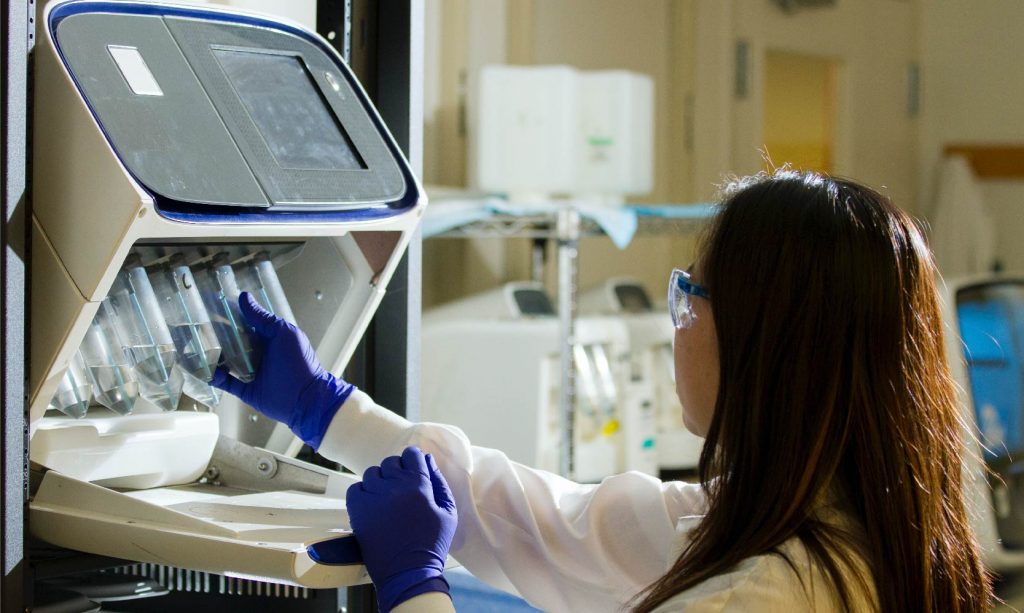
While it is still too early to assess the full impact of Covid-19 on the influx of tourists to destinations in the medium term, the continued healthcare crisis is already having an impact on the sector, due to restrictions on the free movement of people and lower demand for tourism services due to uncertainty and caution, but the wellness tourism sector stands as a beacon of hope for the tourism industry in the near future after the pandemic.


